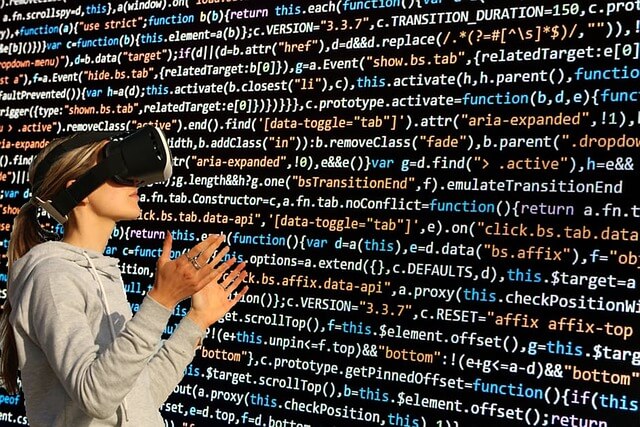I. The Evolution of Virtual Reality Experiences
Virtual reality (VR) has come a long way since its inception. The evolution of VR experiences is a testament to the continuous advancements in technology. It all began with the concept of creating alternate reality environments that could be explored through a headset and controllers. Early VR systems were bulky and had limited capabilities, but they laid the foundation for the immersive experiences we have today.
As technology progressed, VR devices became more streamlined and user-friendly. The introduction of affordable headsets like the Oculus Rift and HTC Vive opened up new possibilities for consumers to experience VR in the comfort of their homes. With improved graphics and more responsive motion tracking, users could truly feel as if they were transported to a different world.
The evolution of VR experiences has also seen the development of specialized peripherals, such as haptic feedback suits and omnidirectional treadmills, further enhancing the sense of immersion and interactivity. These advancements have made VR more accessible and enticing for a wider audience, paving the way for its integration into various industries, including gaming, education, and healthcare.
II. Exploring Virtual Reality in the Film Industry
Virtual reality technology has found its way into various industries, including the film industry. Filmmakers are now utilizing this immersive technology to provide audiences with a whole new level of cinematic experience. With the help of virtual reality, viewers are no longer mere spectators but active participants in the narrative, allowing them to be fully engrossed in the story and feel like they are a part of the on-screen action.
One of the key advantages of virtual reality in the film industry is its ability to transport viewers to any time, place, or even fantastical world. By donning a VR headset, audiences can be transported to ancient civilizations, distant planets, or even inside the human body.
This opens up endless possibilities for filmmakers to stretch their creative boundaries and offer viewers unique and unforgettable experiences that were once unimaginable. Additionally, virtual reality allows filmmakers to experiment with different storytelling techniques, such as using split narratives or non-linear plots, to enhance audience engagement and create a more interactive and immersive film-watching experience.
III. Virtual Reality: Revolutionizing Live Events and Concerts
Virtual reality (VR) technology has emerged as a groundbreaking tool in revolutionizing the way live events and concerts are experienced. With its immersive capabilities, VR allows audiences to be transported to different venues and interact with their favorite artists from the comfort of their own homes.
Attendees no longer need to physically be present at a concert to feel like they are part of the crowd, thanks to the advanced audiovisual effects of VR. This technology has not only expanded the reach of live events, but it has also created unique opportunities for artists to connect with fans on a global scale, breaking down geographical barriers and offering a new level of convenience.
One of the key advantages of VR in live events is the ability to provide a personalized experience to each viewer. With VR headsets, users can choose their preferred angle of view, enabling them to feel as though they are front and center at the concert. Additionally, virtual reality opens up possibilities for enhancing the overall atmosphere by incorporating virtual stage designs and visual effects that transcend physical limitations.
By combining VR with live streaming technologies, organizers can create an interactive environment where attendees can engage with each other and with the artists in real-time, further enhancing the sense of community and shared experience. Moreover, VR experiences can be recorded and shared later, allowing fans to relive their favorite concerts or catch up on performances they missed, fostering a sense of inclusivity and accessibility.

